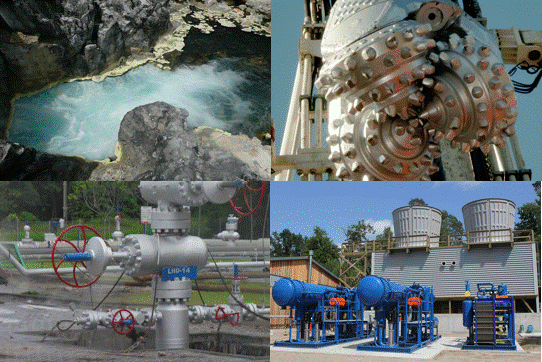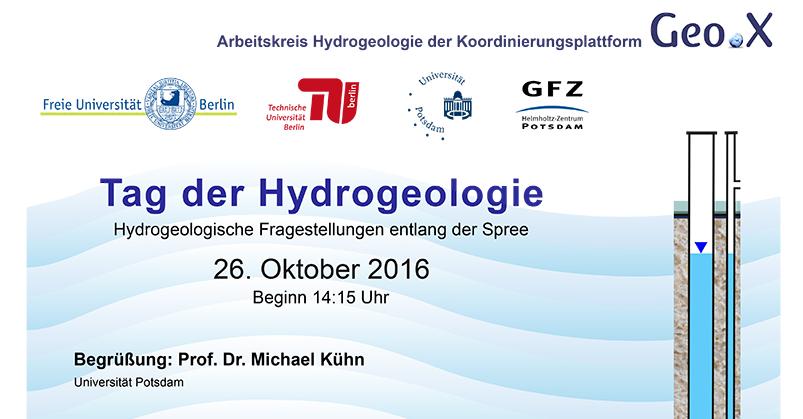Focus Groups
Geo.X focus groups work on relevant topics for the community and specifically go beyond the boundaries of Earth and planetary sciences. All interested parties in the network have the opportunity to apply for a focus group at any time. These are appointed by the Strategy Team for a limited time of maximum 2+2 years with a clear objective and receive financial support for their meetings. Existing focus groups introduce themselves to the community on the Geo.X website with their objectives, members and working mode and are open to other interested parties.

FG Geothermal Energy
The use of geothermal energy to generate electricity or heat offers great potential for the energy transition. Deep geothermal energy has been a research focus at the German Research Centre Potsdam (GFZ) since many years. Together with the Berlin and Potsdam universities (FUB, TUB, UP), numerous national and international research projects have already been conducted, which deal with geothermal energy from exploration, to reservoir development, and power plant technology.
Although none of these universities offers an independent program or specialization in "geothermal energy", various courses on geothermal energy are already being offered at the universities in the Berlin-Potsdam area (FU Berlin, TU Berlin, and University of Potsdam). The current and planned courses and events are shown on the following pages.

FG Infrastructure
Each partner institution has the possibility to send one or more representatives to the focus group Infrastructure. This focus group deals with topics such as the visibilty and joint use of the infrastructure within the Geo.X network. The Geo.X focus group Infrastructure has made key recommendations for the development of the laboratory portal LabInfrastructure@Geo.X.

FG Hydrology
Groundwater is an important component of the water cycle, which is controlled and influenced by a variety of processes. The underground circulation systems of groundwater have a difficult-to-understand complexity because they are not directly accessible. The collection and description of groundwater systems and their replication in experiments and models therefore represents a particular challenge for scientific research. This includes the scientific characterization of factors and processes that influence the quality and quantity of groundwater, as well as their development in space and time. The aim of the working group Hydrogeology is to bundle, create and promote offers that go beyond the offers of the individual participating universities, especially in the area of teaching for students and young scientists of the Berlin-Potsdam region.

